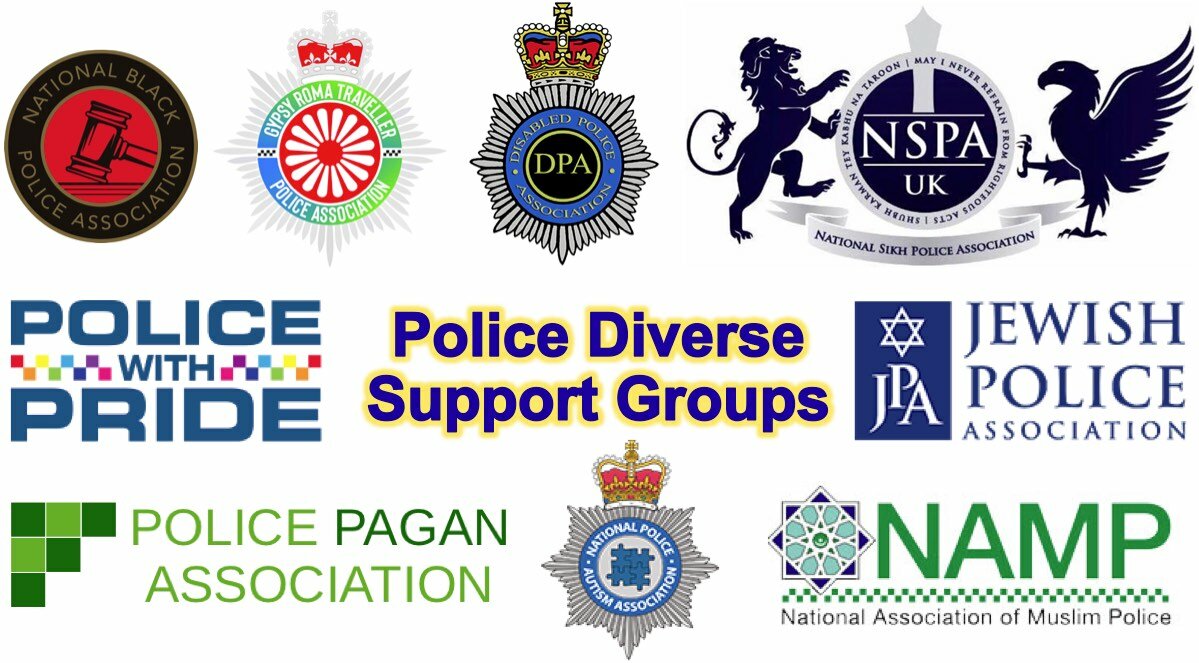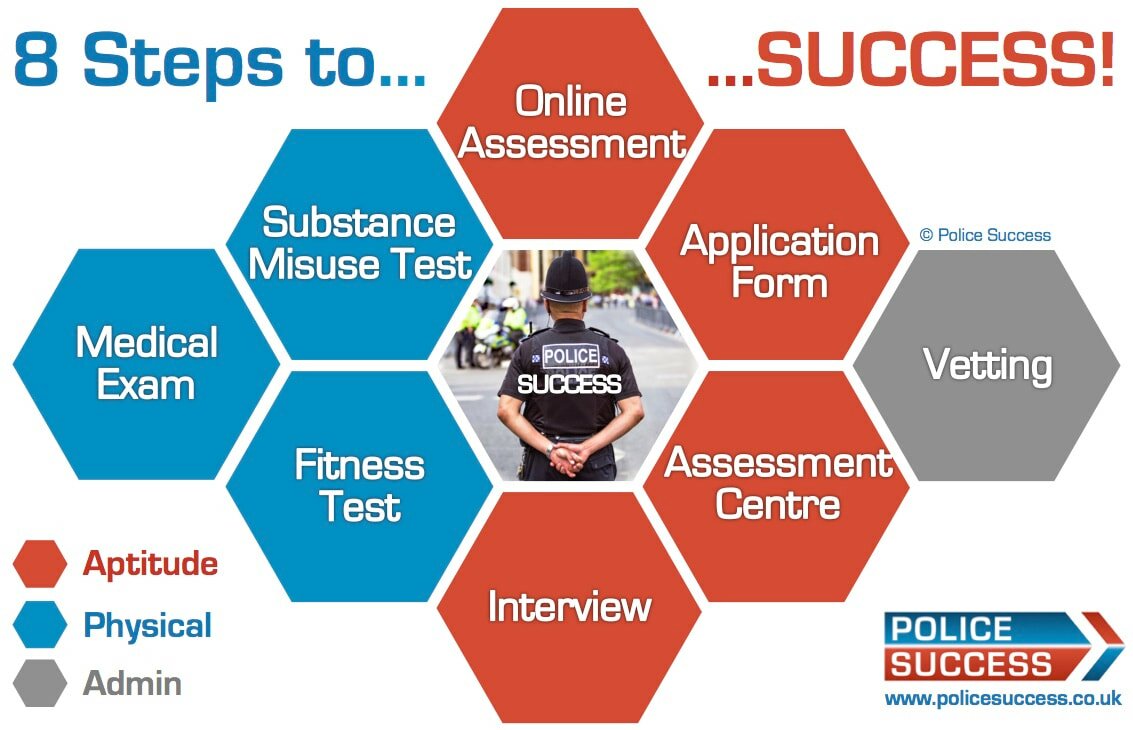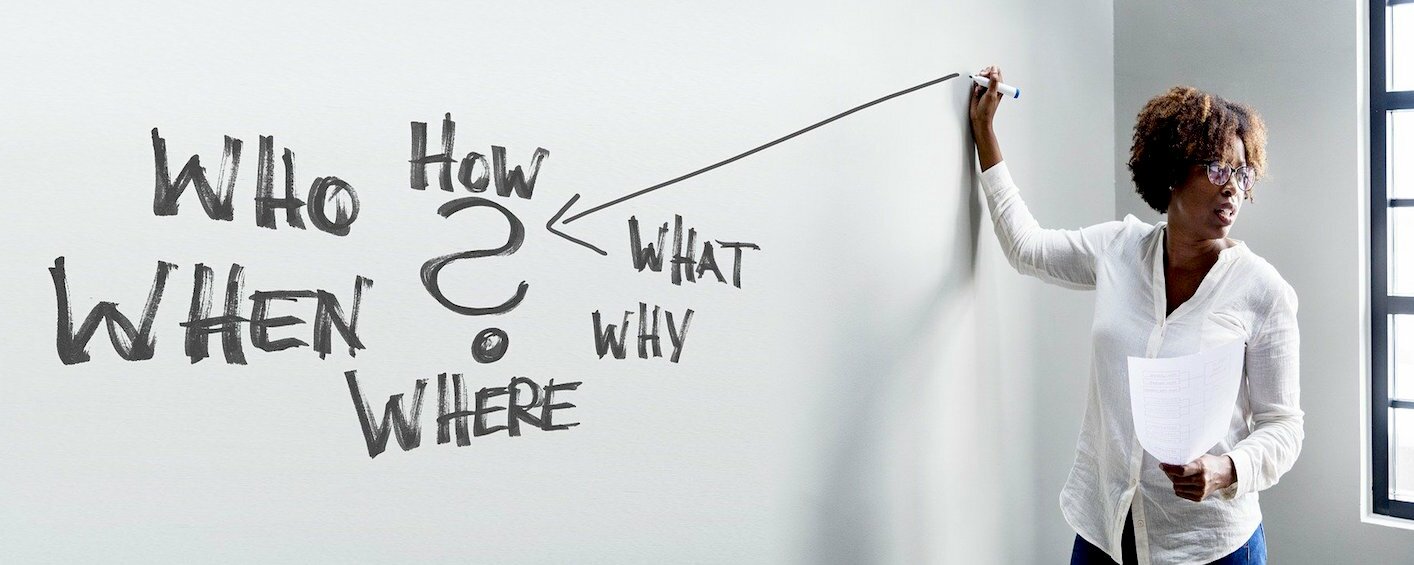Police Officers Support: Part 2 (Diversity Support Associations)
"Everybody can be great, because anybody can serve."
Martin Luther King Jr.
There are diverse range of support organisations in policing for police officers and staff. You will discover more about them once you are successful in joining the police. This blog series provides an overview for those seriously interested in going through the police assessment centres and applying to join their local force, with information most are unaware of until they join. Part 1 provided insights, history and functions of the Police Federation, the official negotiating body for police officers across England, Wales, Police Scotland and Police Service of Northern Ireland. This blog collates for you the formal associations relating to diversity, specifically in reference to individuals' 'protected characteristics'. Protected characteristics are defined in the Equality Act 2010 and Public Sector Equality Duty; subjects you would do well to become familiar with ahead of your police interview and questions which may arise around your values (a detailed example/practice interview question bank and guidance is provided in our comprehensive Police Success guide!).
0 Comments
8 Steps to Joining the Police (Part Two)
“The key to success is to start before you are ready.”
- Marie Forleo
In the previous blog (PART ONE), I summarised the first three steps to joining the police. Well done for reaching this far in your quest to become a police officer! In this post I will outline what the final five obstacles look like and how to navigate them, with particular emphasis on the competitive police interview recruitment process. 8 Steps to Joining the Police (Part One)
“A smooth sea never made a skilled sailor.”
- Franklin D. Roosevelt
In the Police Success comprehensive guide to becoming a UK police officer, I break down the journey into 8 steps, providing guidance on how to pass each in detail. Joining the police will be a challenge, both mentally and physically, but now is a fantastic time to join as most forces are doubling their recruitment intakes. However, it remains a highly competitive process, so recognising the journey ahead will help. Here are the broad steps you will take, which as shown in the image I group into three simple themes of aptitude, physical and administrative:
How to Nail Police Recruitment Briefing Exercises
“Keep your fears to yourself, but share your courage with others.”
- Robert Louis Stevenson
To join the police, you may be required to deliver a formal briefing or presentation as part of the competitive police recruitment process. Particularly now in light of the changes to national online assessment centres I recently described, which involve online briefing exercises and written exercises. A common question asked by those wanting to join the police is, 'How can I pass the briefing exercises in the assessment centre?' This blog offers food for thought on the topic of briefings and how you might approach this type of assessment exercise. Police officers need to be effective communicators, so a short presentation or briefing as part of joining the police provides assessors with insights of your communication skills and values. This step usually comes after successful completion of your police application form. For many people, the very thought or prospect of formally briefing or ‘presenting’ to strangers fills them with dread, especially if not done this before. |
 RSS Feed RSS Feed
AuthorA former Royal Marine, Detective Inspector, and is a qualified coach/mentor. With extensive police experience, Steve also established Rank Success to help officers achieve police promotion. CategoriesAll ArchivesFebruary 2021 |





